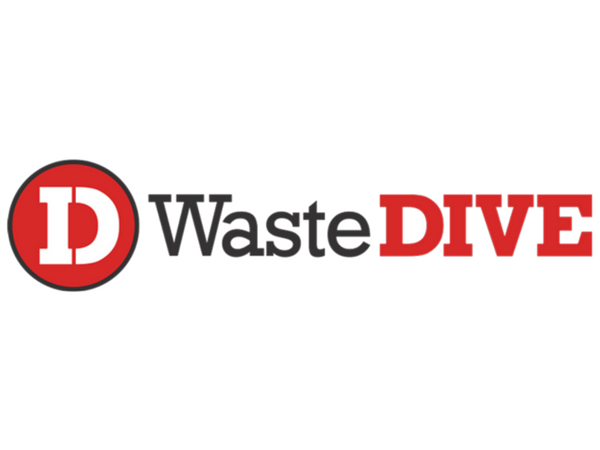Waste Dive – July 5, 2017
Written by Cole Rosengren
Maryland’s “zero waste” plan came to an unceremonious end last week, and so far, even avowed “zero waste” supporters don’t seem to mind.
Governor Larry Hogan’s decision to repeal the 2015 “zero waste” executive order put in place by his predecessor, Martin O’Malley, came as a surprise. An editorial in The Baltimore Sun called it “odd.” Though both industry and environmental groups see things they like in Hogan’s new version. Perhaps, they say, Maryland can actually make more progress without the old “zero waste” plan after all. …
Brenda Platt, co-director of the Institute for Local Self-Reliance (ILSR) and a long-time fixture in Maryland’s waste world, felt the same.
“Hogan’s not calling his new plan “zero waste,’ which it’s not, but it certainly has all of the elements and features of a ‘zero waste’ plan,” she said. “We like his emphasis on linking recycling growth with recycling development and jobs.”
…
New action from the new plan and Democratic pushback
Despite misgivings about O’Malley’s WTE support, his date-specific targets were popular among environmental groups who say measurable progress will still be important.
“Hogan’s [plan] is obviously a real step backward in that,” said ILSR’s Platt on dropping the specific dates from O’Malley’s plan. “I think it’s fine to revisit the goals and come up with realistic targets, but we’re a strong supporter of mandatory goals.”
Liss agreed that “dates are powerful tools,” though noted that it’s not uncommon for successful programs to start with voluntary goals before evolving. He also said this is an example of “why it’s valuable to have a grassroots support network” that can carry on work after political transitions. Aside from California and Minnesota, few government waste diversion plans have been codified as binding law at the state or local level.
Groups such as ILSR can be expected to continue playing a key role in that ongoing work with a focus on creating economic opportunity through more recycling and composting. They were leading supporters of two laws recently signed by Hogan that require a study of state organics processing capacity and new guidelines on compostable product labeling. ILSR has also been working with officials in Baltimore to help double the city’s recycling rate.
…





